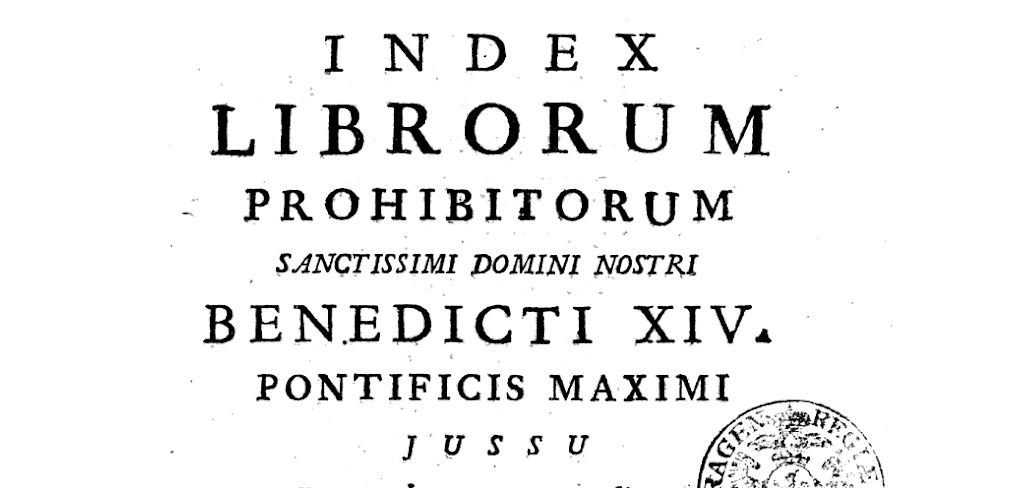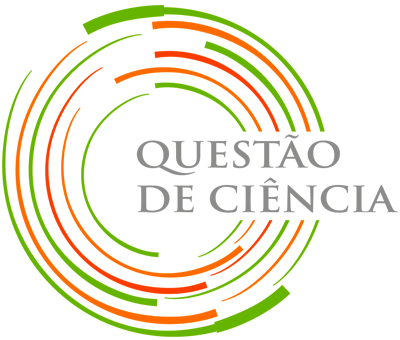
"The Evangelical Christianity left Science alone, walking by itself, and then scientists took over this area and we moved away from it," complained in 2013 the lawyer and evangelical pastor Damares Alves, who currently holds a position in the first rank of the government federal captained - no pun intended - by President Jair Bolsonaro, a former army captain.
At that time (it is possible that her opinions have changed since then), Alves considered this "estrangement" between Religion and Science a pity. "The Evangelical Christianity has lost ground in history. We have lost a place in Science when we allowed the Theory of Evolution into our schools," she said then.
The 2013 version of Alves would have done well if, besides the “Bible,” she had also studied the history of Christianity. The oldest of the Christian churches – the Catholic Church – decided in 1633, the year of the condemnation of Galileo Galilei, that it was not a good idea to let "Science walk alone," and condemned the scientific idea that the Earth orbits around of the Sun.
Gradually, what had been a demonstration of strength became a source of shame. In 1758, more than a century after Galileo's trial, the See of Rome began to authorize Catholics to read books claiming that the Sun is the center of our system; but it was only in 1822 that books defending heliocentrism could be printed in Rome. Finally, in 1992, Pope John Paul II admitted that Galileo, in short, was right.
Nowadays these dates are only minor historical embarrassments, serving as joke material for militant atheists. Obviously, the most literate Catholics were ignoring Vatican directives about who turns around who for decades, or centuries, before official clearances.
In particular, recent Christian denominations would do well to pay attention to the tight spot they got in when they try to suffocate science with dogmas and accept the evolution of species faster than the Vatican accepted the heliocentrism.
Beyond any religious considerations, however, "leaving Science alone" – free from the bonds of Theology or Ideology – is part of the process of developing a country. Let’s go back to 1945, when the president of the United States, Franklin Roosevelt, received from his advisor Vannevar Bush an opinion with the poetic title of "Science: The Endless Frontier".
Notably, it was the time of the Manhattan Project, which prepared the first atomic bombs, and it was more or less clear that scientific development would be the great differential between the powers that would emerge after the end of World War II.
Bush advises the president as follows: "Scientific progress on a broad front results from the free play of free intellects, working on subjects of their own choice, in the manner dictated by their curiosity for exploration of the unknown. Freedom of inquiry must be preserved under any plan for Government support of science."
Evidently, it is not an overstatement to say that Bush asked the government to let Science choose its own path - "to walk by itself," just what the 2013 Alves saw as a "mistake."
What about the results of the "mistake"? Well, the US are the largest economy in the world, the highest number of Nobel laureates, the creation of the most valued and coveted technological products on the globe, the largest volume of studies on health and medical treatments on the planet.
Overall, science works best – and its contributions to society multiply faster – when scientists are free to pursue the issues that matter most to them, and they do so with the certainty that they can pursue them no matter where the research takes them, without fear of dogma or censure.
The current Brazilian government seems quite open to accepting suggestions from the United States. The work of Vannevar Bush would be a good starting point.
